Bypass ISP throttling and get a faster internet
Don’t let ISP throttling slow down your Friday night.
- Have you noticed slow speeds on YouTube videos?
- Do Netflix videos take forever to load and buffer?
- Is your ISP throttling your streaming video traffic?
- Use a VPN to bypass throttling and peering conflicts.

What is ISP bandwidth throttling, exactly?
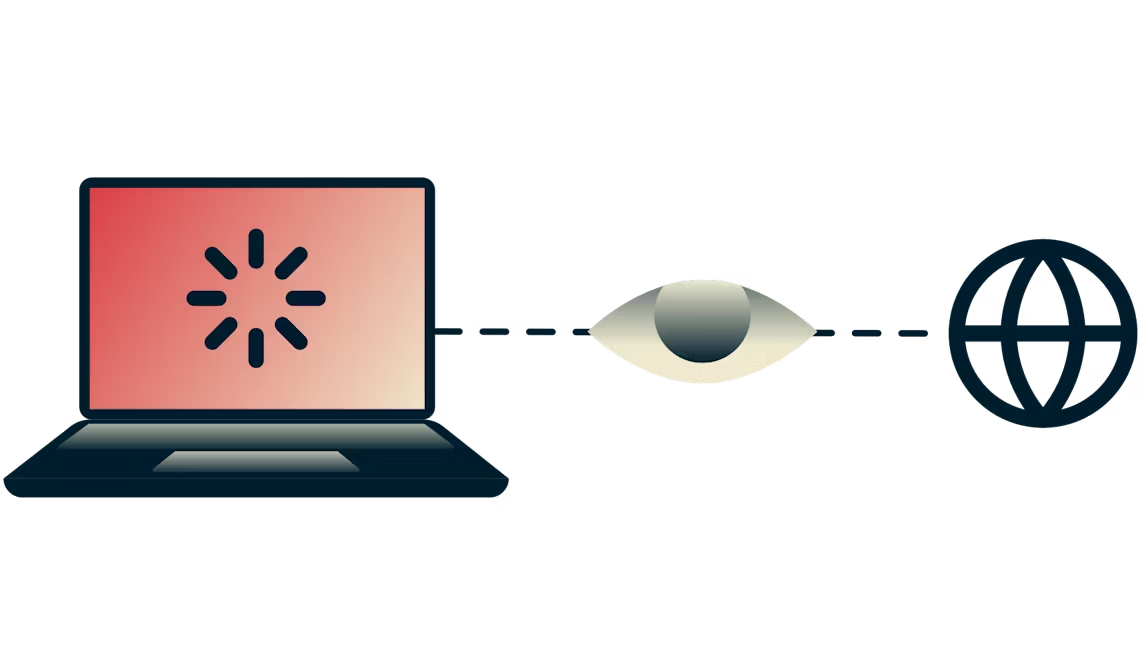
Internet throttling occurs when an Internet Service Provider (ISP) deliberately reduces your internet connection speed based on your online activities. Commonly affected activities include streaming high-bandwidth services like Netflix, Max, YouTube, and gaming. ISPs may claim this is to manage network congestion, but it often restricts users unfairly. Using a VPN can mask your online behavior, preventing ISPs from detecting and throttling your data usage.
Why do ISPs throttle the internet?
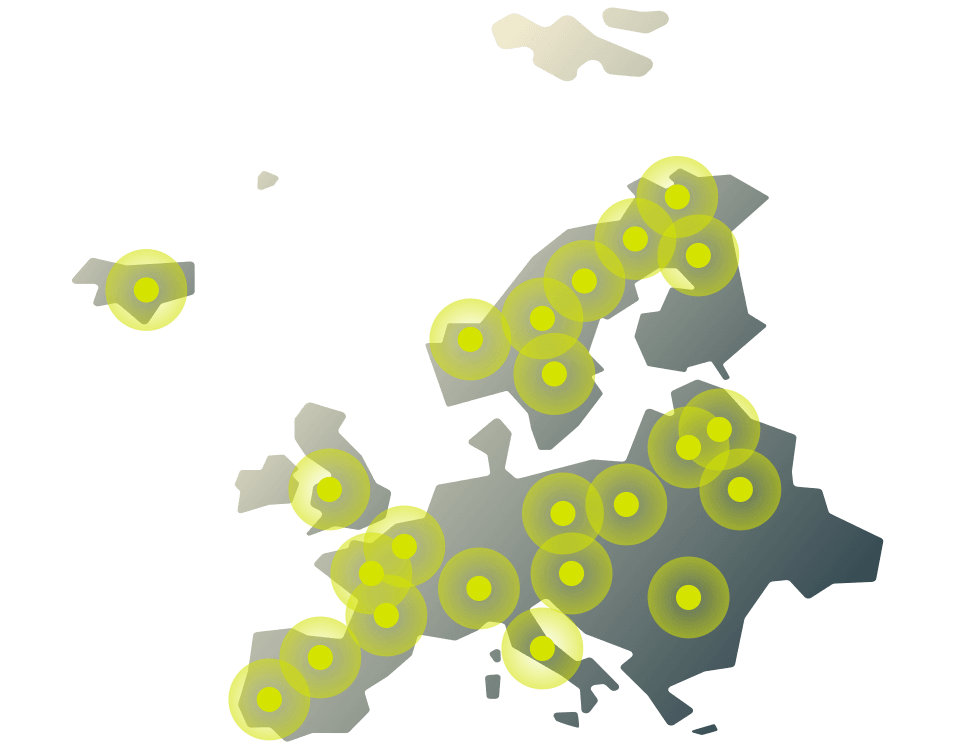
Network congestion
At peak times when many people are online, ISPs may throttle connections to prevent the network from becoming overloaded. This ensures a more evenly distributed experience for everyone.

Exceeding data caps
Your internet plan might have a data cap. Even some plans advertised as “unlimited” might have a hidden data limit in the fine print. Once you exceed this limit, your ISP may throttle your speeds.
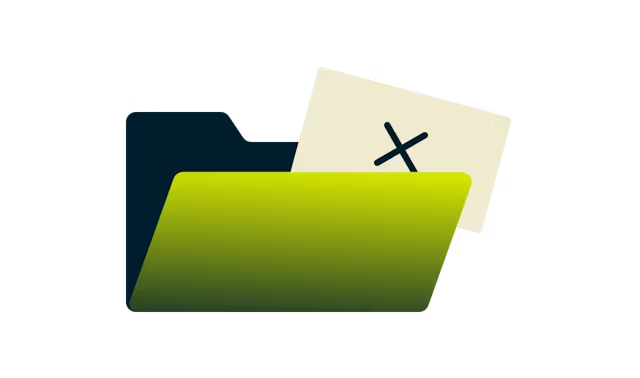
Large downloads
An ISP might throttle speeds if it detects the user is performing high-bandwidth activities, such as downloading large amounts of content or high-definition streaming. This is to keep its overall bandwidth use in check.
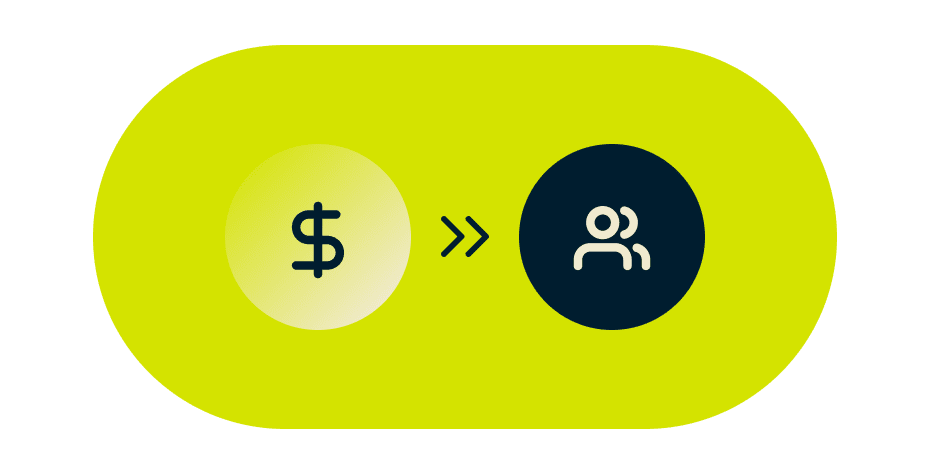
Paid prioritization
This controversial practice involves ISPs charging content providers (like Netflix or YouTube) for faster delivery of their services to customers. This means users are more likely to have a good experience on those sites and use them more often.

Censorship
In high-censorship countries, ISPs (under the government’s direction) throttle traffic to restricted content to cause the page loading to time out. Throttling also has the effect of frustrating users, so they will stop trying to access a site.
How to tell if your internet is being throttled

Test internet speed
Using a speed-testing site or app, run a test at different times of day and preferably even different days of the week. If you notice significant speed drops during peak hours (evenings, for instance), it could be a sign of throttling due to network congestion. Compare your results to the speeds promised in your internet plan.

Compare speed with a VPN
Connect to a VPN and run some more speed tests. If your speeds significantly increase with the VPN on, your ISP might be throttling your connection. A VPN helps here since it encrypts your connection, meaning your ISP can no longer see what you’re up to and won’t throttle you based on the type of activity you’re engaging in.
How do I stop bandwidth throttling?
Unfortunately, there's no guaranteed way to completely eliminate all forms of bandwidth throttling. However, there are a few methods you can use to reduce its likelihood:
- Upgrade your internet plan: If you consistently exceed your data cap, it might be worth upgrading to a plan with a higher limit or unlimited data.
- Contact your ISP: Talk to your ISP directly to see whether they’re throttling you, for what reason, and what can be done about it.
- Use a VPN: If your ISP throttles based on what you do online (like streaming or file-sharing), you can try scheduling bandwidth-intensive activities for off-peak hours or use a VPN to mask your traffic.
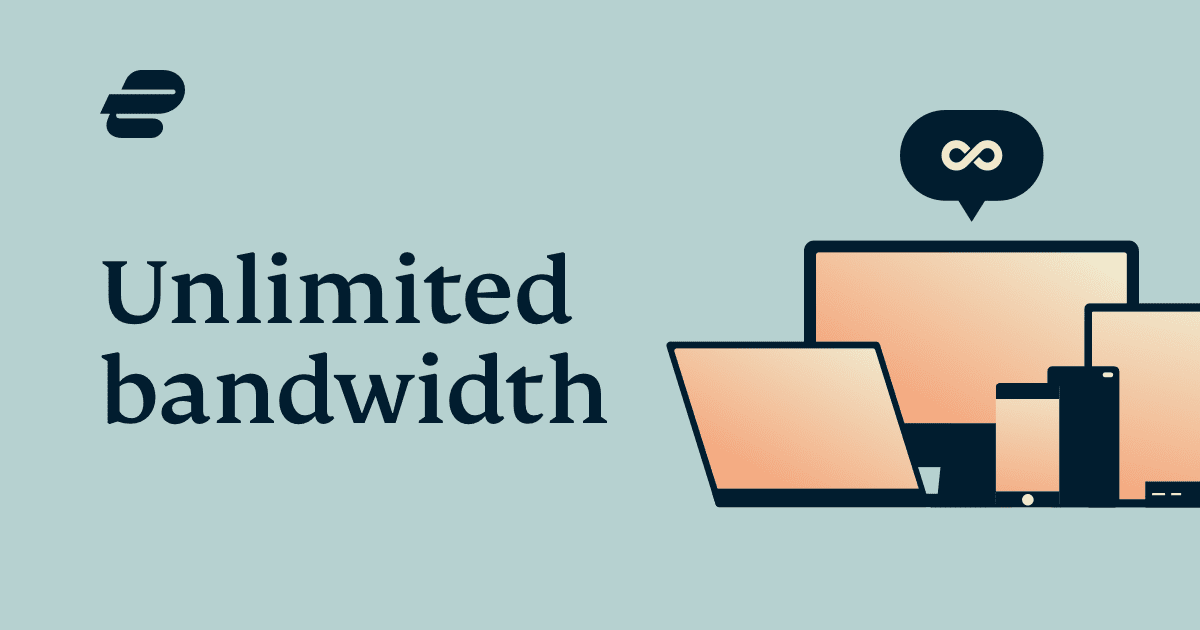
How does a VPN stop throttling
A VPN uses a few techniques to prevent your internet connection from being throttled, including:
Masking your activity: A VPN encrypts your internet traffic and routes it through a remote server. This hides your activity from your ISP and prevents them from seeing what websites you visit or what kind of data you transfer. As a result, they won’t throttle you based on your online behaviors.
Changing your IP address: If your ISP is throttling due to censorship, a VPN helps to bypass these restrictions by giving you a different IP address and making you look like you are in a different country.
Bandwidth throttling hurts customers
Some ISPs already have the capability to handle the extra data but choose to throttle content providers’ traffic because it competes with their own streaming content libraries. Some ISPs have forced Netflix to pay a fee to escape throttling, allowing the ISP to avoid paying for much-needed upgrades. Lack of competition among ISPs and broadband providers means that companies can even get away with overcharging customers for faster internet.
What is peering?
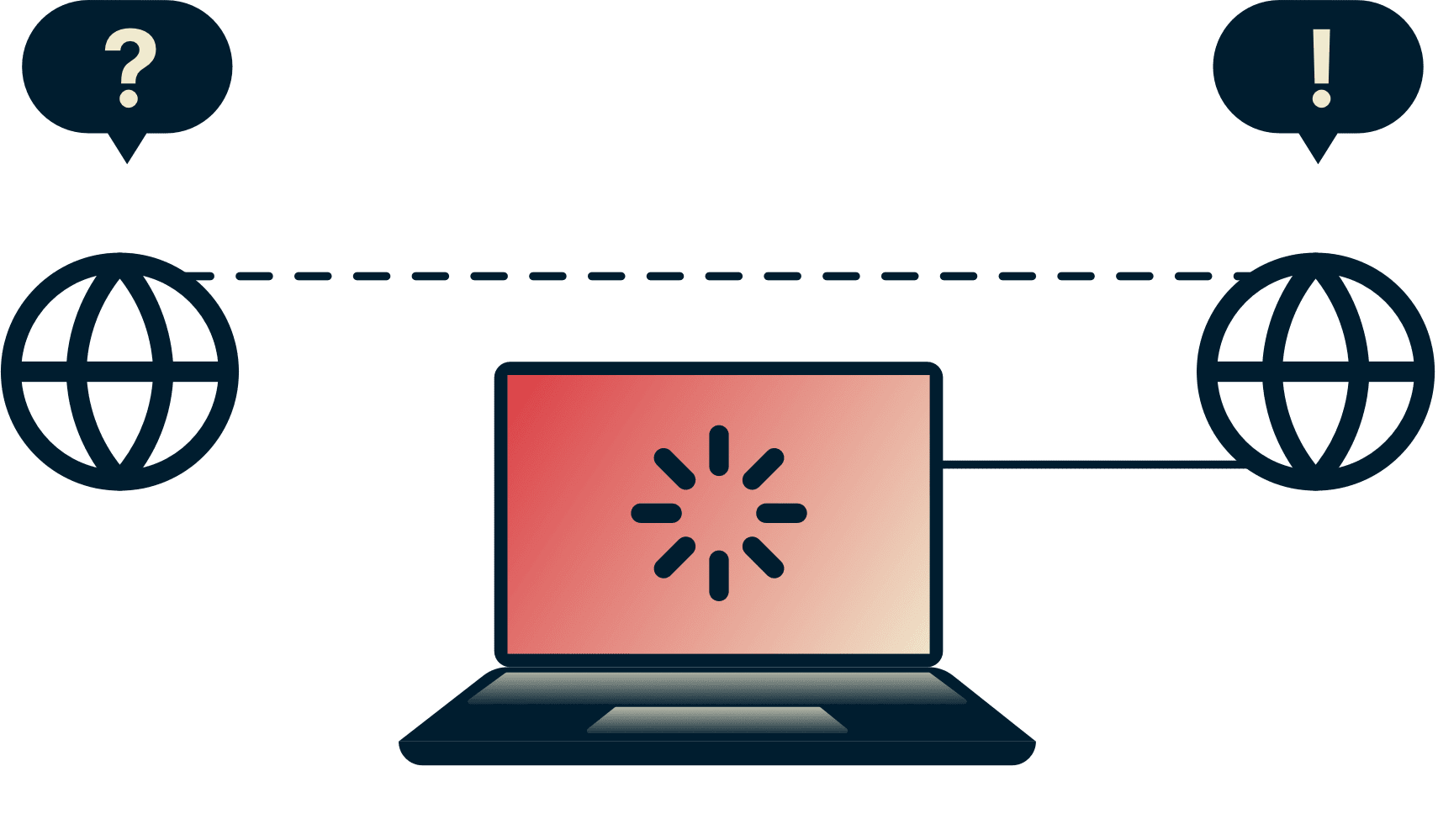
Peering is when two ISPs connect and exchange traffic. Mutually beneficial under normal circumstances, peering causes problems when a popular streaming service (such as Netflix) forces one ISP to exceed the agreed traffic ratio, prompting the other one to ignore congestion and refuse to make adjustments.
That means you could be denied the internet speeds you paid for simply because your ISP refuses to resolve a peering conflict with another company.
How to bypass peering conflicts with a VPN
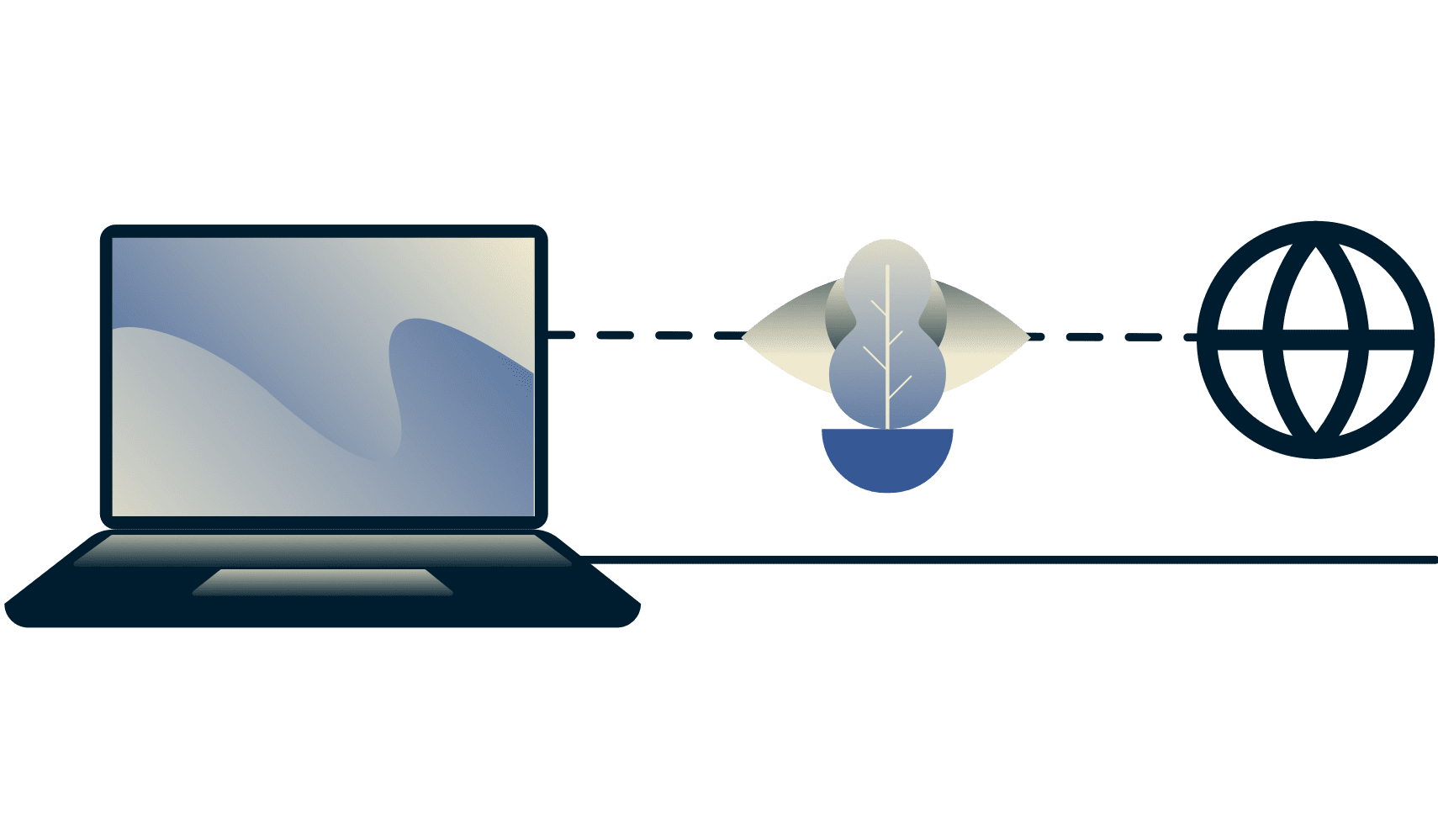
Using a VPN solves the congestion caused by peering conflicts. Instead of going through a third-party ISP to reach your content, your traffic travels on a privately maintained network, taking the most direct, least congested path between you and the content you love.
How to stop your ISP from throttling Netflix
Many ISPs throttle streaming services such as Netflix, with Comcast admitting to having done so in the past—though it‘s since claimed that this is no longer in practice. But if you want to be sure, a VPN is your best bet for throttle-free streams all day, no matter which ISP or network you’re on.
How do I know if my ISP is throttling my Netflix?
The simplest ways to know is by running a speed test on your internet connection while watching Netflix. Do this with and without a VPN. If it’s faster with a VPN, that is a good indication that you’re being throttled.
Defeat ISP throttling in 3 easy steps
-
![How to sign up for ExpressVPN]()
Step 1
Sign up for ExpressVPN, with its blazing-fast speeds.
-
![Us Location Globe US Latin America 3x 1 Dbae41dfcd7f2a124d4a8939f8253e62]()
Step 2
Connect to a VPN server location in one of 105 countries.
-
![A fast connection that's avoiding being throttled.]()
Step 3
Enjoy faster speeds and no more throttling based on content. Bye-bye, buffering.

Can free VPNs stop throttling?
Technically, yes, a free VPN might help you stop ISP throttling if it encrypts your online activity. However, there are significant drawbacks to using free VPNs:
- Speed limitations and data caps: Free VPNs often have severe speed restrictions and bandwidth caps, which can worsen your online experience rather than improving it.
- Privacy risks: Some free VPNs have been known to log and sell user data, compromising your privacy. They might also have weaker encryption.
- Unreliable connections: Free VPN servers are often overcrowded, leading to unreliable connections and frustrating buffering.
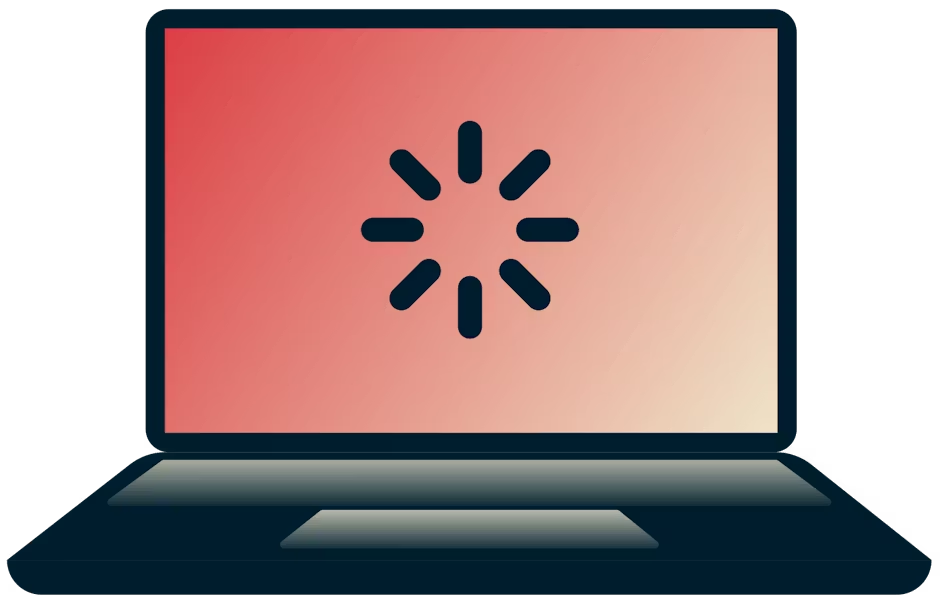
Could there be other causes for slow internet speed?
Yes! ISP throttling isn't the only reason your internet might feel sluggish. Consider these common factors:
- Outdated hardware: Old routers or modems may struggle to handle your internet, or won’t offer the latest technology to get you the best wireless speeds in your home. Consider a router upgrade if it’s very old.
- Wi-Fi problems: Walls, other devices, and even microwaves can weaken your Wi-Fi signal. Experiment with router placement, or switch to a wired connection.
- Network congestion: Too many devices using your internet at once will slow everyone down. Try limiting the number of devices engaged in bandwidth-heavy activities.
- Background apps: Apps running in the background can drain bandwidth. Close unnecessary apps or adjust their settings.
- Malware: Viruses and malware can hog resources. Run a scan with a reputable antivirus.
- ISP issues: Technical problems on your ISP's end can cause slowdowns. Check their website or contact them for updates about potential service disruptions.
Frequently asked questions: ISP throttling
Is throttling illegal?
Internet privacy laws vary from country to country, but in general, ISP throttling is not illegal.
Does bandwidth throttling affect mobile data?
Yes. If your mobile device internet connection is being throttled, it may lead to higher mobile data usage. This is particularly beneficial for ISPs, as high mobile data usage encourages users to purchase more data.
How can I boost my internet speed?
There are a few methods you can try to boost your internet speeds:
- Use an ad blocker
- Clear your browser history and cache regularly
- Disconnect devices that aren’t being used
- Use fiber optic cabling
Getting a more powerful router, preferably one with a VPN, is another excellent method of improving your internet speeds.
Is it possible to avoid internet throttling without using a VPN?
There are several methods you can try, but ideally, you’d have to know what is causing the throttling. If throttling is the result of going over your data limits, then reduce your internet use or change internet plans. If it’s because of the type of activity you’re conducting (like streaming or heavy downloading), then a VPN is your best bet. If your ISP is throttling you simply to lower overall congestion on its servers, there is not much you can do about that other than change providers.
Don’t let ISPs throttle your streaming video
Try ExpressVPN risk-free.
We’re so confident in our product, we’re offering a 30-day money-back guarantee.



